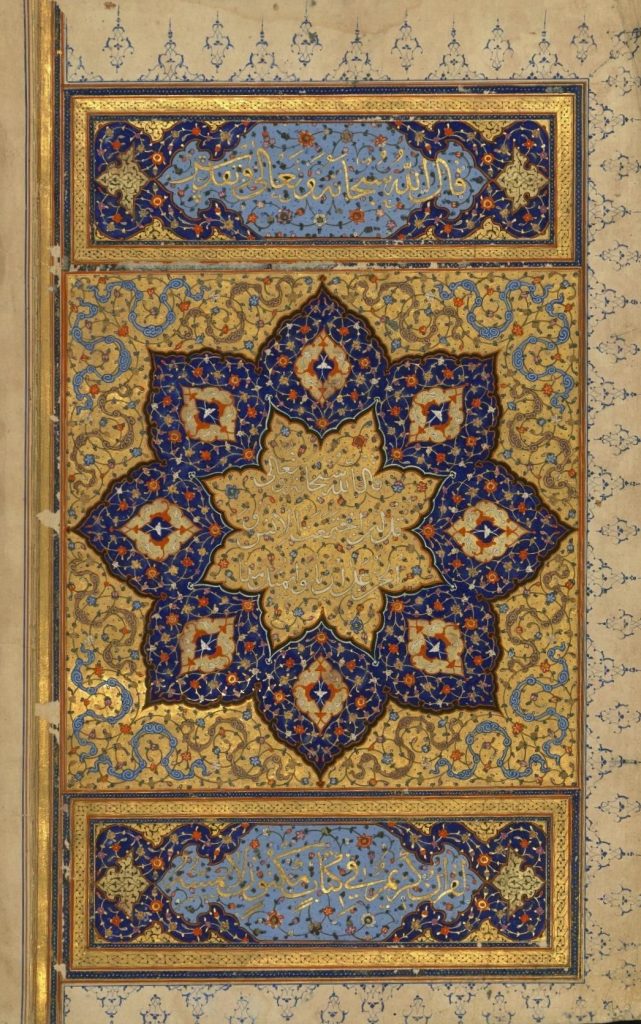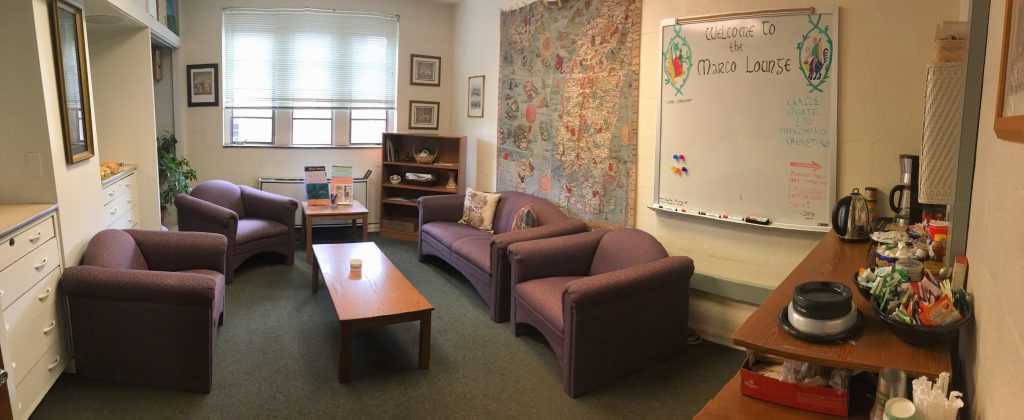The Marco Institute for Medieval and Renaissance Studies evolved in the early 2000s out of the long-standing interdisciplinary program in Medieval and Renaissance Studies at the University of Tennessee. Prior to the establishment of the Institute, the university already had an impressive record of attracting accomplished scholars in this field and building important library collections. The Institute’s creation provided a physical and academic center for these efforts in scholarship, education, outreach, and faculty and student development.
In December of 2003, the National Endowment for the Humanities (NEH) issued a highly competitive Challenge Grant to support the Institute’s goal of nationally recognized excellence in the interdisciplinary scholarship of the early periods. The fundraising program was completed in the summer of 2008, and has provided a nearly $4 million endowment for the Institute to pursue its scholarly programs and pedagogical missions.
The Institute’s signature event is the annual Marco Symposium, which addresses pressing interdisciplinary issues in medieval and Renaissance scholarship which also have relevance and currency for the broader community. Some past symposia topics have included “Reconceiving Pre-Modern Spaces,” “Grounding the Book: Readers, Writers, and Places in the Pre-Modern World,” “Gardens: Real and Imagined,” “The Building Blocks of France,” “Rome: Beyond the Discourse of Renewal,” and “Carolingian Experiments.” Over the course of the academic year we also sponsor the annual Riggsby Lecture on Medieval Mediterranean History and Culture and additional invited talks. We support a number of endowed fellowships and scholarships, including the Jimmy and Dee Haslam Dissertation Fellowship and the Anne Marie Van Hook Travel Award for graduate students, and the Lindsay Young Visiting Faculty Fellowships for regional scholars. Our Summer Latin Program features three non-credit courses (beginning, intermediate, and advanced), all designed to prepare students to take the Toronto M.A. and Ph.D. Latin exams.
The Marco Institute was originally housed in Temple Court until the fall of 2012, when it was relocated to the sixth floor of Greve Hall to make way for construction of the new Student Union. Since January 2024, the Marco Institute has been based at Cherokee Mills on Sutherland Avenue. The current location features office space for the Riggsby Director and Program Coordinator, a lounge and meeting space, and the Riggsby Library & Reading Room, which holds our reference collection; the wider Cherokee Mills location includes a coffeeshop, the UT Humanities Center, and conference and event space. The Institute also has a vibrant partnership with the UT Hodges Library, particularly its Special Collections Department, which houses a wonderful collection of manuscript, print and facsimile editions from the early periods.

